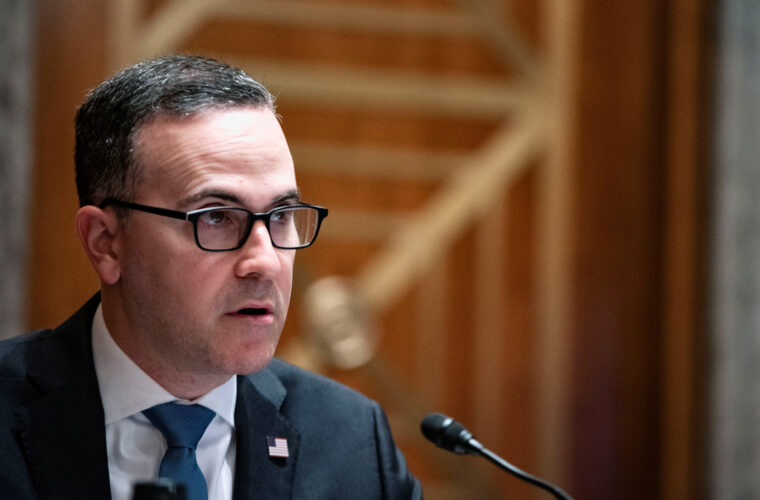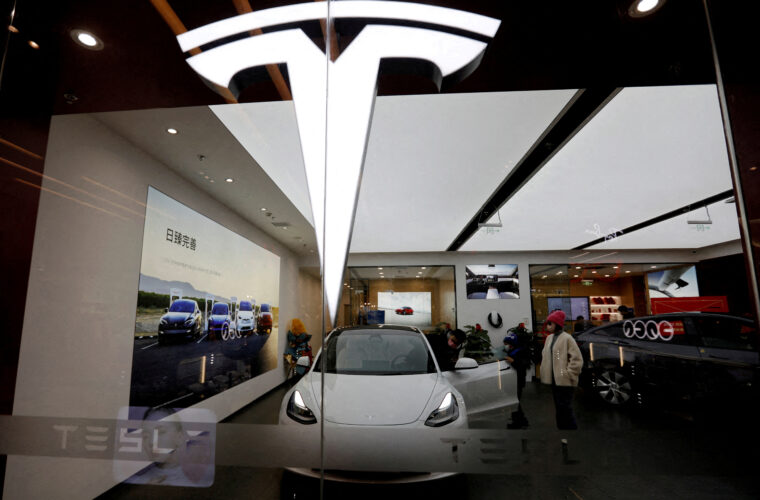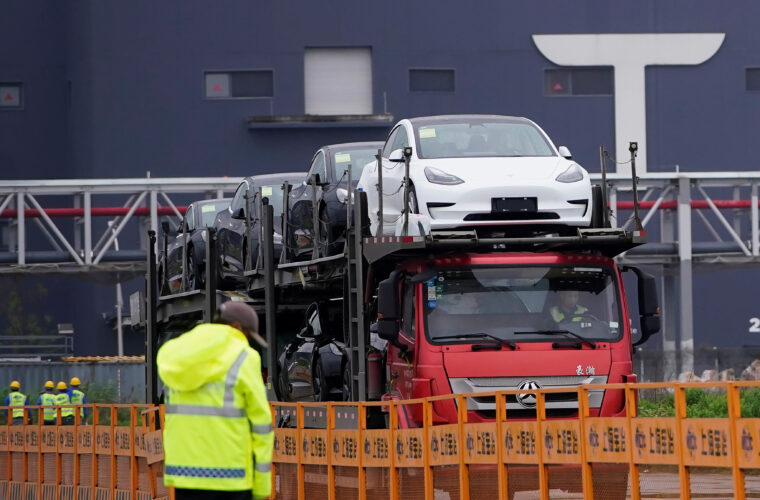Why Tim Cook cannot abandon the Asian giant
WhatsApp, Threads, Signal and Telegram: China orders, and Apple delivers. It’s not the first time and probably won’t be the last given, considering the entanglements that bind the Californian company to the Asian country. Matters of business, money and the need to follow the race for profit in the world’s biggest market. The difference with the past, when it acted more quietly, is that the company admits it is forced to bow to the wishes of the Beijing government to avoid reputational damage that would sour the relations with the communist regime and cast doubt on sales of iPhones and the company’s other devices.
So, when China demands that WhatsApp, Threads, Signal, and Telegram be banned from the App Store, Apple will remove them without a fight. ‘We are obliged to follow the laws of the countries in which we operate, even if we disagree with them,’ said a spokesman for the Tim Cook-led company in response to a request from the Cyberspace Administration. This Chinese authority regulates the internet.
The regime does not allow criticism
Apple’s decision had nothing to do with a grudge against Meta, the owner of WhatsApp and Threads because there is no room for disputes between Western companies in China. Even when it comes to big tech, nor does it matter that the four apps removed from the App Store are popular all over the world except in China, where, according to research firm Appfigures, WhatsApp has been downloaded around 15 million times and Threads has been downloaded 470,000 times. From now on, they will no longer be available to iPhone owners, although they will remain available to those who have already downloaded them and are using them via VPN. For now, however, the four apps are apparently still available in Hong Kong and Macau, two special administrative regions of China.
According to the New York Times, what prompted the removal of the apps was provocative content against Chinese President Xi Jinping that was spread on WhatsApp and Threads. No details were given as to the nature of the offending content, but it violated cybersecurity laws set by the Beijing authorities. Which, due to their strength, are never rejected by foreign companies operating in the country.
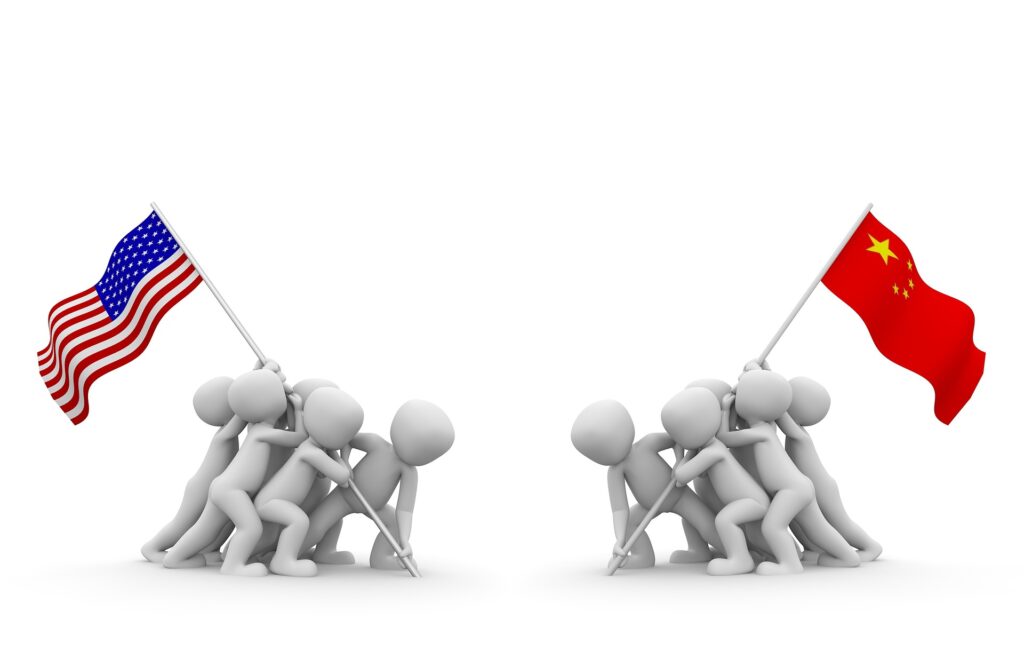
Apple’s dependence on China
Unlike Google and many other large companies that have left the country to avoid censorship by the communist regime, Apple has become one of the most valuable companies in the world thanks to the Chinese market. This is not only because it has sold a vast number of devices to the Chinese but also because it has set up its production chain there, taking advantage of an unparalleled supply chain in terms of labour and costs.
These are some of the reasons why China has become crucial to Apple’s growth. In 2023, it accounted for one-fifth of the company’s annual revenue, with sales of more than $68 billion. Blocking certain apps is, therefore, no problem, nor is investing in the country to set up a database in Guiyang, Guinzhou province, to store the data of Chinese users.
While Apple’s close relationship with China has brought significant benefits, it also poses potential risks and challenges. The decline in iPhone sales in the country, down -12.9% in the first quarter of this year compared with the same period last year, is just one aspect. The greater concern is the risk of being entangled in the escalating US-China technology battle, starting with the US ban on Huawei and continuing with laws and bans, including the TikTok case.
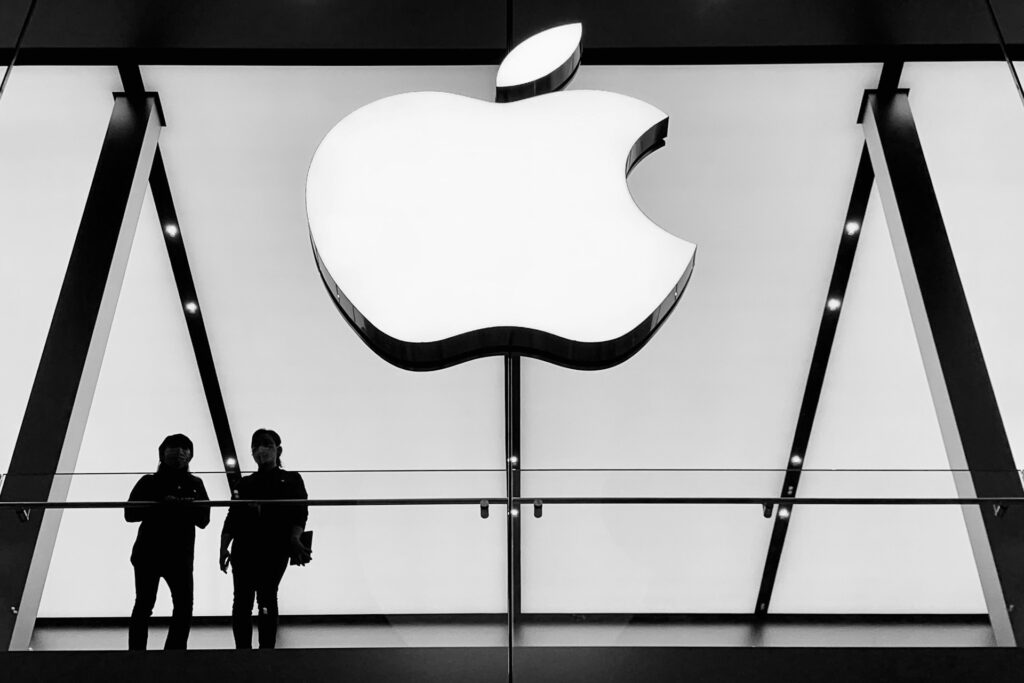
After a long tug-of-war that began under President Trump, the US House and Senate passed a bill banning the ByteDance app, which the US authorities considered a threat to national security because it would make personal data of US citizens available to China, as well as support Beijing’s propaganda. The rule was included in a package of proposals for military aid to Ukraine and Israel and humanitarian aid to Gaza. It will soon be signed into law by President Biden. Under the law, ByteDance will have 9 to 12 months to sell TikTok, although the company could appeal on constitutional grounds.
Therefore, the battle between the US and China is far from over, which is one of the reasons Apple has recently begun a process of reducing its dependence on China. Production of some devices has been shifted to India and Vietnam, with Narendra Modi’s country happy to offer substantial tax breaks in return for the construction of factories that create jobs and give India a very significant image boost, especially if it succeeds in wresting the role of Apple’s main assistant from China in the future.

